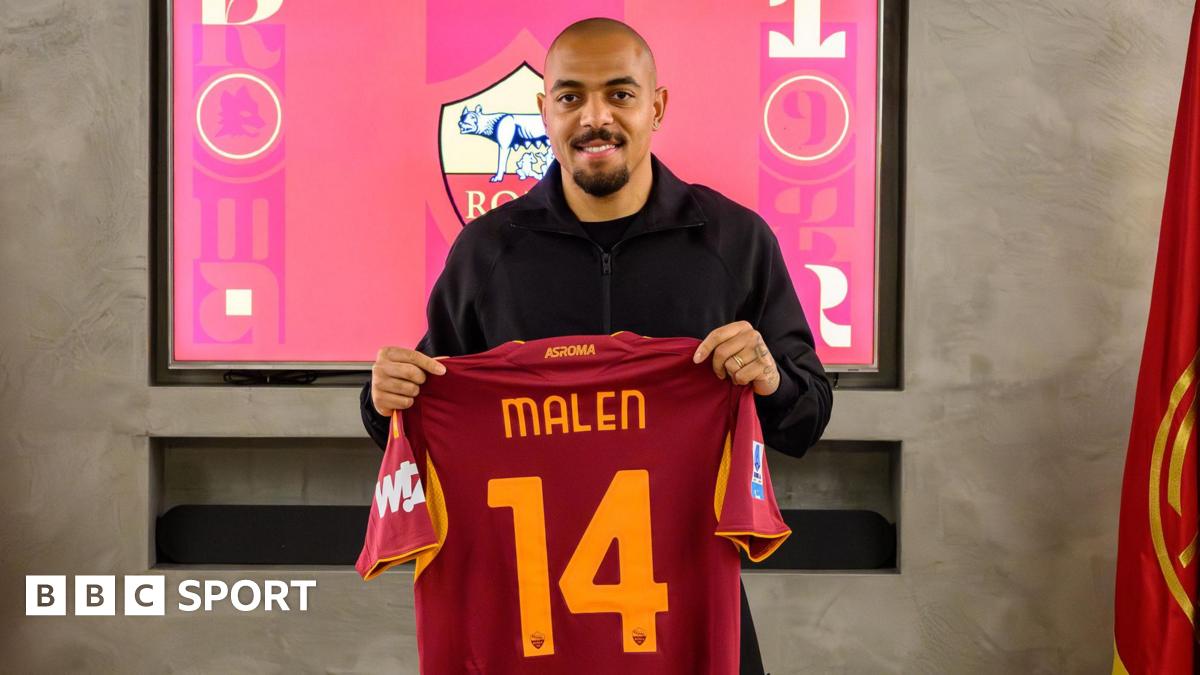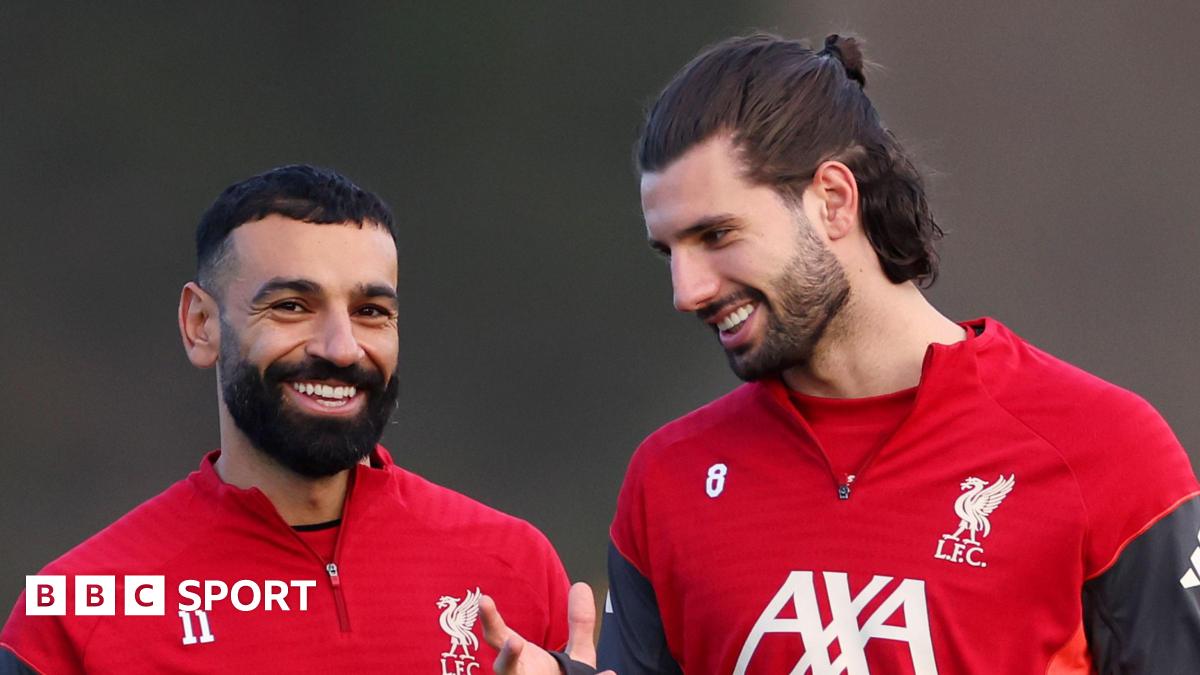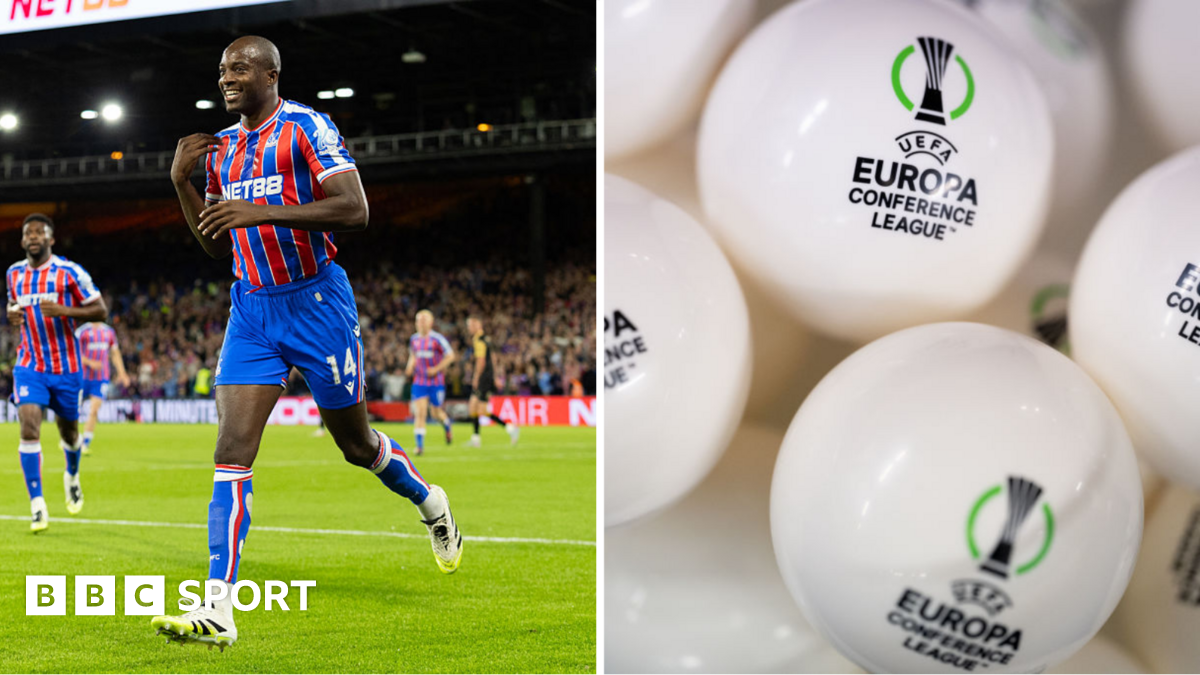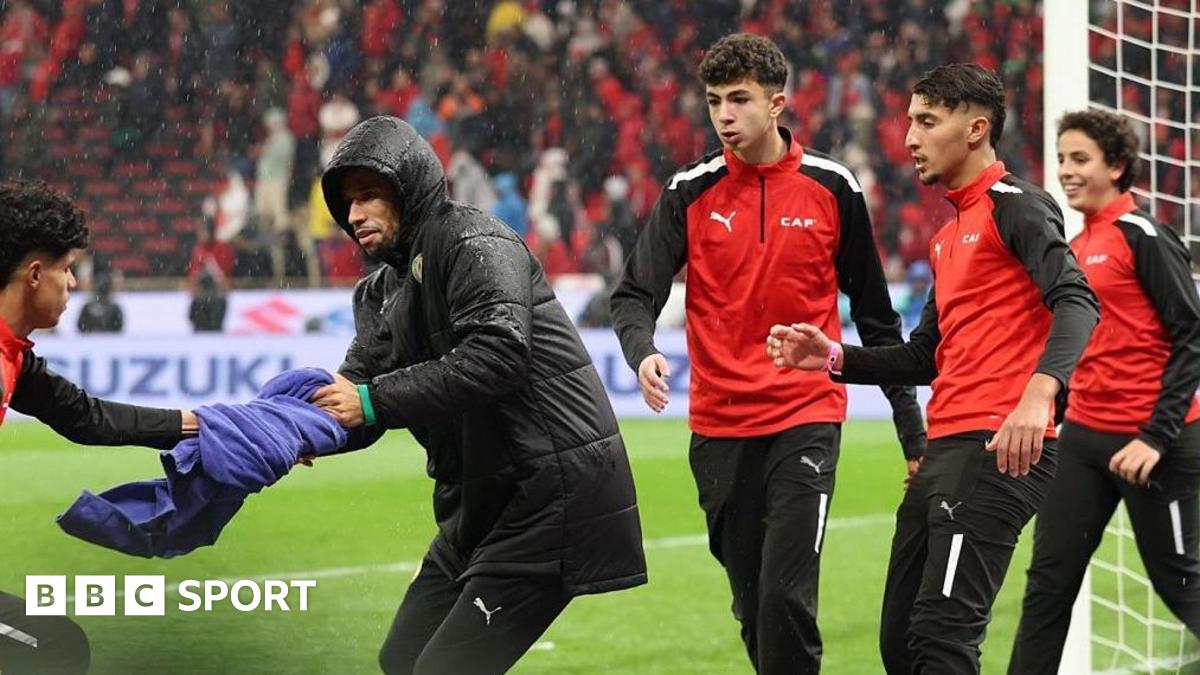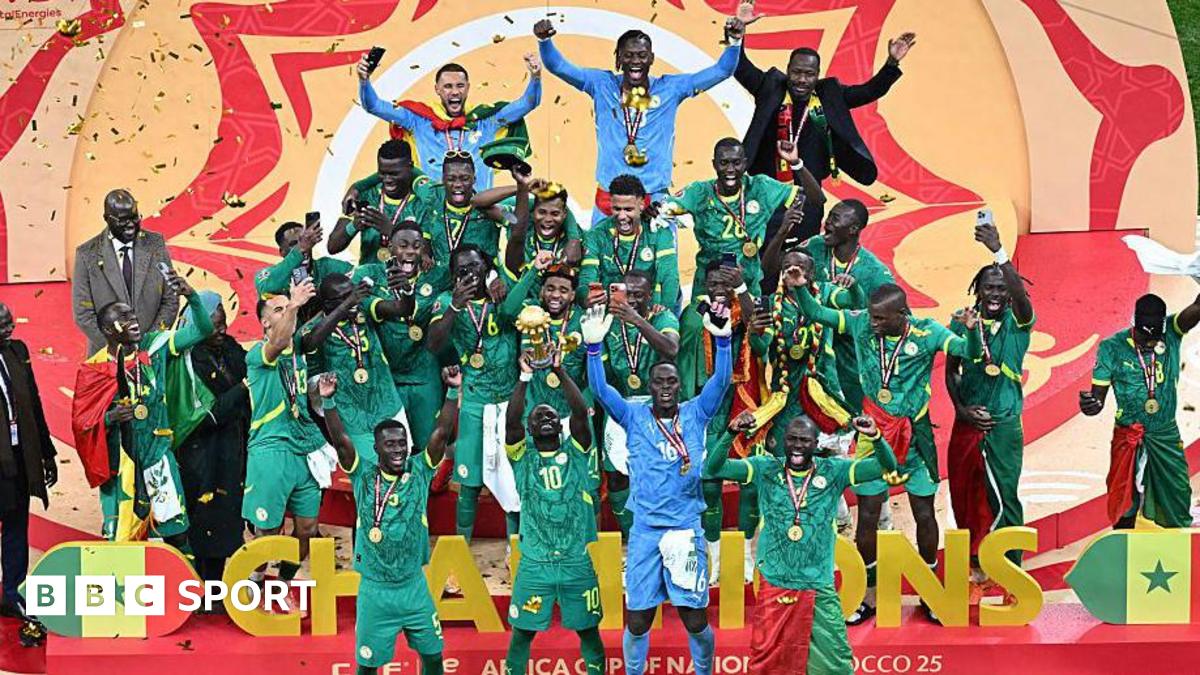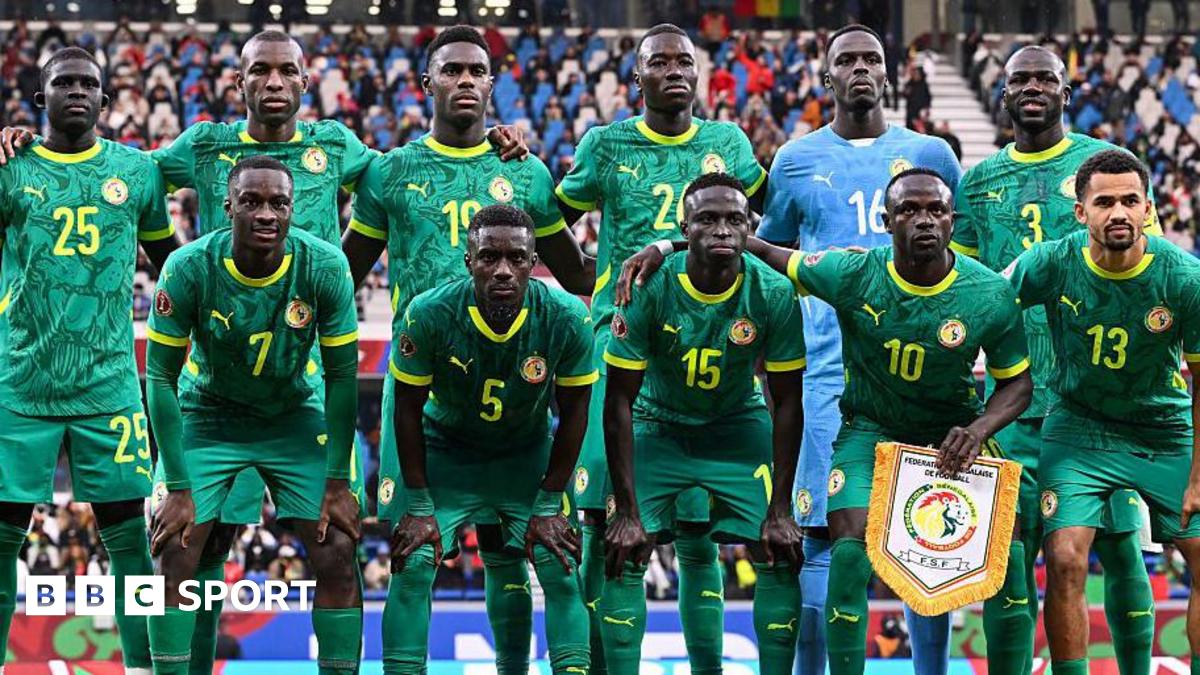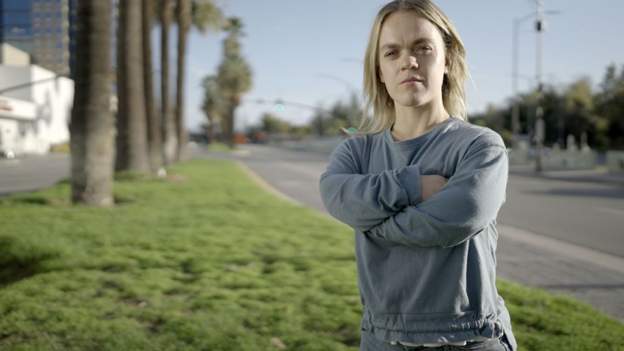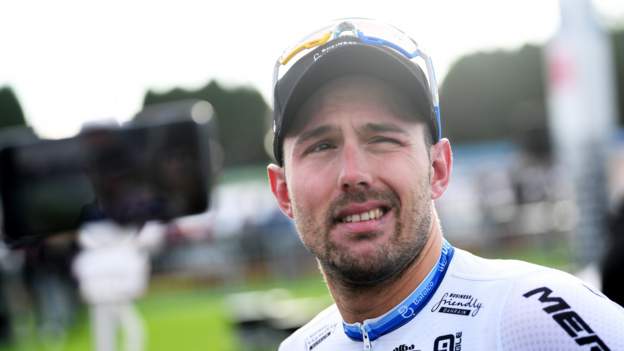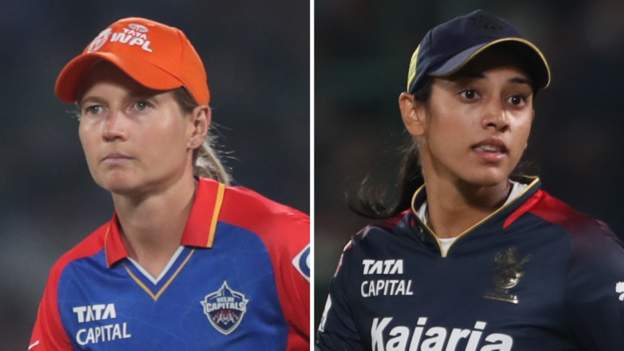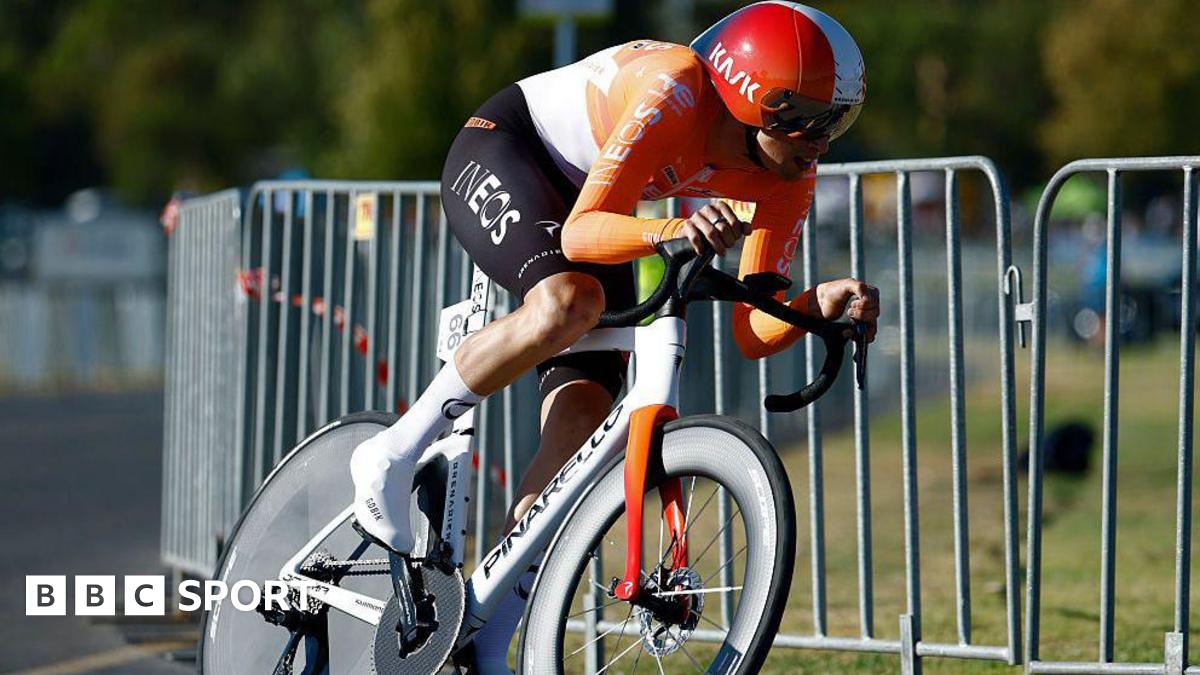“I’m worried that this drug could be the end of dwarfism altogether,” says Ellie Simmonds in new BBC documentary, Ellie Simmonds: A World Without Dwarfism.
In the programme, which airs on BBC One on Tuesday 5 April at 21:00 BST, the 27-year-old five-time Paralympic Champion explores a new drug called vosoritide, which has been developed to treat children with achondroplasia, the most common form of dwarfism.
The drug is already available in the US and the NHS has run trials for a potential roll-out in the United Kingdom.
Whilst many see the drug as a helpful breakthrough, Simmonds has concerns that it could potentially, “eradicate dwarfism”.
“Is it about changing who we are? I’m not a fan of that,” she says early on in the film.
Simmonds was born with achondroplasia, which stunts growth in arms and legs. She has achieved massive sporting success, including eight Paralympic medals and 14 World Championship gold medals.
“If I wasn’t a dwarf, I wouldn’t have gone to the Paralympics and made a career as an athlete that way,” she recently told BBC Sport, “so I thought, ‘gosh, if this drug was around when I was a kid, would I actually be who I am today?'”
Over the course of the documentary, Simmonds meets parents and children in the UK and US who are using vosoritide, in order to explore their motives and experiences. She also meets people with dwarfism who oppose its roll-out.
After filming the documentary, Simmonds spoke to BBC Sport about how she felt after hearing from all of these different opinions.
“It’s great that people have choice,” she said. However, she added: “If I had a child, because I knew what it’s like having dwarfism, I wouldn’t choose the drug.”
What is Vosoritide?
The charity Restricted Growth Association UK defines achondroplasia as a rare genetic condition that causes poor bone growth, resulting in shortened limbs. The average height of someone with achondroplasia is around four feet.
Most children with achondroplasia are born to average size parents and many live healthy lives. There are some medical complications associated with achondroplasia, however.
As set out by to Great Ormond Street Hospital, infants with achondroplasia often have a curve in the lower spine, that may require a brace and some also develop bow legs, which can be treated with surgery. RGUK lists some more rare associated problems as hearing impairment, breathing problems in young children, hydrocephalus, spinal stenosis, leading to compression of nerves to the limbs.
Vosoritide is designed to improve growth in children with achondroplasia, who have open epiphyses (growth plates), meaning they have the potential to grow. Patients take a daily dose and have regular check-ups.
The drug may cause serious side effects including a temporary decrease in blood pressure in some patients.
Last November, vosoritide was approved for use in the US, for children over the age of five and in the EU, for children over two.
A year of injections are reported to cost around $332,000 (£240,000).
What is the aim of the drug?
During the film, Simmonds expresses concern that some parents of children with achondroplasia may want to use the drug irrespective of whether their child suffers any associated health problems.
Simmonds meets others in the dwarfism community who share those concerns, including American couple Joe Stramondo and Leah Smith.
“The assumption is that dwarfism is a problem that needs to be fixed,” says Joe, in the film, adding, “largely, the folks in the dwarfism community celebrate our differences”.
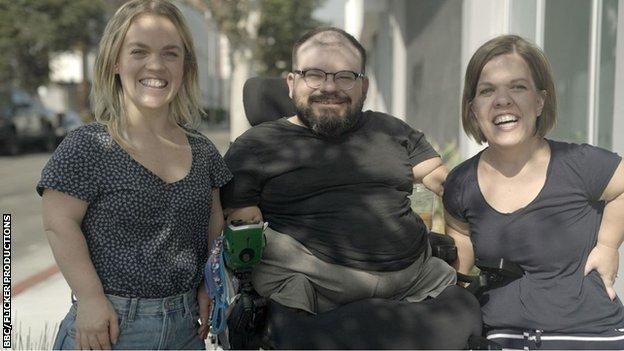
In order to get a better idea of why the drug is being trialled, Simmonds meets with Dr Melita Irving, who led the UK trials at Guy’s and St Thomas’ NHS Foundation Trust. Simmonds wants to know what the metrics of success are.
“The main thing that we measure is growth,” Irving explains. “If your bones are growing, that’s because they’re responding to the drug.”
As per the European Medicines Agency, from a sample of 121 children aged 5-17, those who received vosoritide grew about 1.57cm more during the one year of treatment than those receiving a placebo. The results also suggested that the improvement in growth is maintained while using the drug. The recommendation is to use injections until the patient is unlikely to grow any further.
As to fears about what implications this may have for the dwarfism community, Irving suggests that the aim is to deal with health complications.
“The intention with trialling this drug is not to eradicate dwarfism,” she tells Simmonds.
“Yes, dwarfism is an identity, but I also see achondroplasia as being linked with significant medical problems as well and so, one of the purposes of trialling this drug is to see if we can eradicate those complications, rather than eradicate dwarfism,” she adds.
In 2019, the Restricted Growth Association UK published a statement saying they would “support any medical advancements that reduce the health complications of people with achondroplasia, avoid surgery, remove chronic pain and allow people to live every aspect of their lives to the fullest.”
However, they also added that they do not view increased height as “an important outcome” and that, “if it is shown that this is the only benefit of vosoritide and there is no reduction in the health complications,” they would no longer support the development of the drug.
What do some people using the drug say?
During the film, Simmonds meets some of those involved in the NHS trial.
One of those children is 10-year-old Talia. Since taking the medication, she has grown six centimetres in 12 months, which is two centimetres more than the average for a child her age with dwarfism.
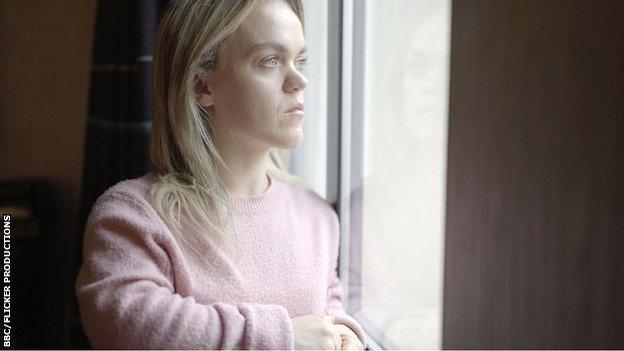
Her mother Rocana cites different reasons for participating, including that increased limb length allows her daughter to perform tasks like running or catching more easily. She also speaks about health problems that Talia faced earlier in life, including bowed legs, spinal problems and sleep apnoea.
In California, Simmonds meets the Haider family, who enrolled on the US trial of vosoritide and are strong advocates. Ahmin, 12, who has used the drug for three years, describes why he wants to continue.
“I’m satisfied with who I am, but I want to be better,” he tells Simmonds. “Being taller will give me opportunities, it will make my life easier, it would put me on a level playing field with more people,” he adds.
Should average height parents decide on behalf of children with dwarfism?
The majority of children with achondroplasia are born to average height parents and one of the delicate questions the film navigates is around those parents making decisions on behalf of their children.
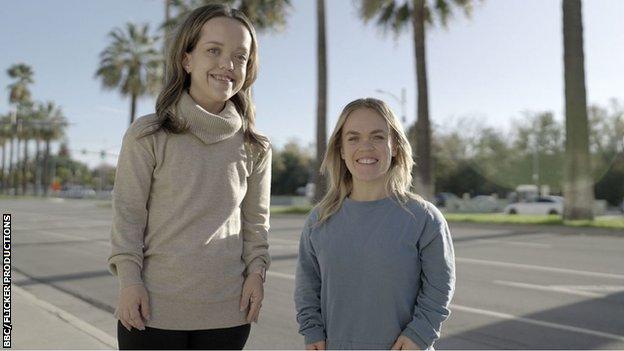
“When they’ve been living every day as average height parents, they don’t know what it’s actually like to live with dwarfism,” Simmonds said.
However, she did also say that it had to be down to the legal guardians to make these calls.
For Simmonds, it is important to show that dwarfism is not something that needs to be “cured”.
“As a dwarfism community, we have a role to play when it comes to parents who are nervous and unsure about what their child’s life is going to be like. We need to show people that it’s not all doom and gloom.”
Is society accepting enough of difference?
Simmonds told BBC Sport that she has always felt happy with her own body. From a very young age, she has been involved in sport.
“I went to my first World Championships in 2006, when I was 12; the Beijing 2008 Olympics when I was 13; at London 2012, I was 17,” she said.
“I was at peak performance. My body was my tool – it was something that won me gold medals, so I never saw it in a negative way.”
However, she appreciates that not everyone has had such a happy experience.
One of the challenging scenes in the film is when Simmonds chats to her team-mate Will Perry, who also has achondroplasia.
Perry has spoken publicly about the abuse he has received because of his dwarfism.
He admits that there are times when he wishes he was average height.
“I always get asked the question, ‘if you could swap to be a normal person, would you?’,” he tells Simmonds.
“For me, it’s 50/50. When we’re out at the Paralympics, collecting amazing experiences, you go, ‘no, not for the world’, but then, when you get in the situations I’ve been campaigning for more recently, when you have to miss out on things like team sports such as rugby and football, it makes you think, ‘actually I really wish I was normal’.”
Simmonds says that it’s been eye-opening to speak to people with different experiences.
“I feel very lucky that I haven’t really gone through that because of who I am.”
Vosoritide is awaiting National Institute for Health and Care Excellence (NICE) approval in the UK.
On the NICE website, it says: “The scoping exercise will be rescheduled to take place at a later date in 2023.”
When asked what she would like for people to take away from watching the film, Simmonds replied: “I want people to see that, yes, society is different and that’s amazing. Let’s embrace that. Don’t treat anyone differently – we’re all human beings.”

